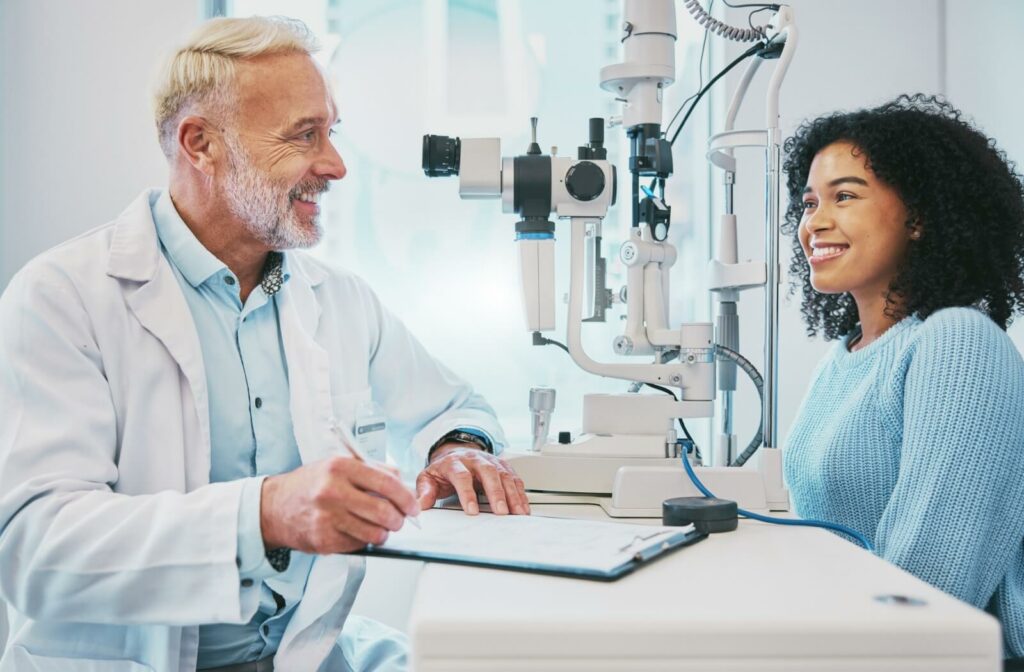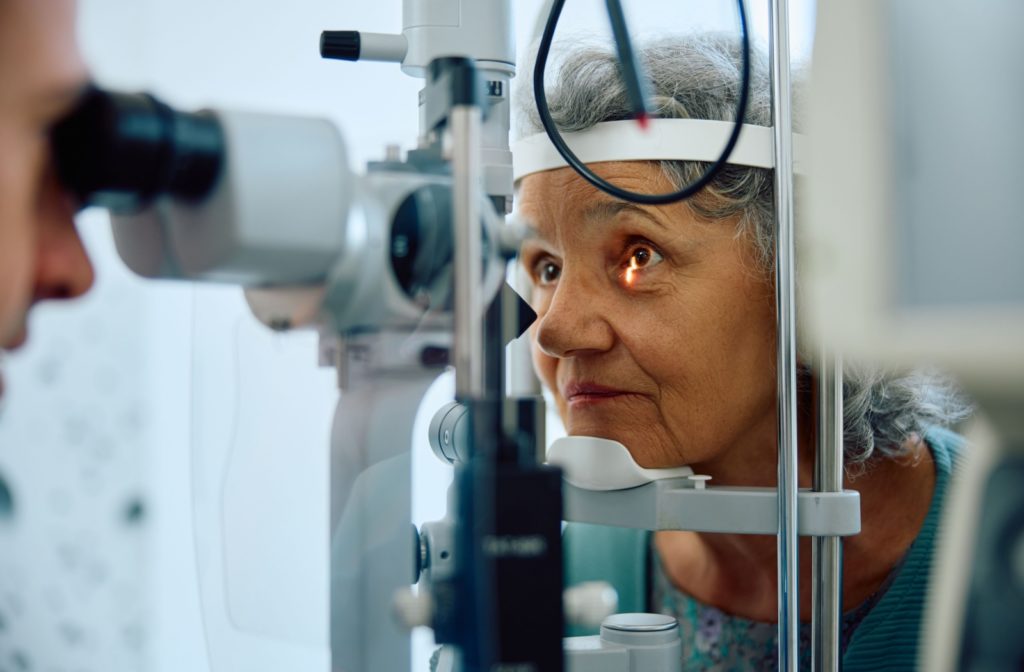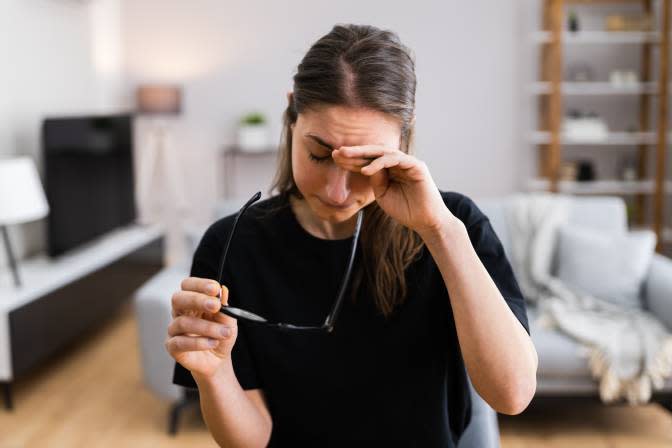All Categories
Featured
Opening Opportunities: Comprehensive Low Vision Rehabilitation Alternatives.
Coping with reduced vision can provide distinct challenges, however modern rehab approaches equip people to thrive and adjust. From sophisticated modern technology to hands-on training, there are countless options made to improve day-to-day live and foster self-reliance. Below's a detailed take a look at the varied rehab remedies readily available for those with reduced vision.
The Role of Low Vision Rehabilitation
Low vision rehab concentrates on aiding people enhance their remaining vision and establish skills to handle their environments. With a mix of devices, training, and customized support, rehab programs boost functionality and increase confidence in browsing daily activities.
Secret Low Vision Rehab Options
Customized Aesthetic Aids
High-Powered Magnifiers: These tools are available in portable, wearable, or digital layouts, enabling users to read, compose, or view things up close.
Telescopic Glasses: Perfect for improving distance vision, these glasses aid with activities such as viewing television or reading indicators.
![]()
Filter Lenses: Tinted lenses reduce glare, boost comparison, and supply UV defense, improving comfort and presence.
Technological Innovations
Digital Magnifying Devices: Desktop computer and mobile devices offer flexible magnification, making it possible for easier accessibility to published materials and digital content.
![]()
Voice-Assisted Technology: Display viewers, voice-enabled smartphones, and AI-driven applications aid users browse the electronic world extra successfully.
Wearable Vision Aids: Smart glasses geared up with cameras and auditory responses supply real-time aid with analysis, identifying objects, and spatial alignment.
Expert Training Programs
Orientation and Movement Training: This program shows individuals just how to move with confidence within their homes and areas, commonly incorporating walking sticks or guide pets.
Daily Living Abilities: Specialized training outfits individuals with strategies to do vital tasks such as cooking, clothing, and taking care of family duties.
Adaptive Visual Techniques: Specialists guide individuals on leveraging field of vision or scanning methods to make up for vision loss.
Ecological Modifications
![]()
Easy adjustments at home or work can substantially boost accessibility:
Making use of contrasting colors for far better object differentiation.
Including task lights to boost exposure.
Noting home appliances with responsive indicators for much easier operation.
Emotional and Social Assistance
Coping with vision loss often includes emotional adjustments. Support system and therapy solutions offer a risk-free area to build and share experiences resilience.
Peer mentoring programs connect individuals with comparable challenges, cultivating friendship and shared remedies.
Accessing Rehab Providers
Reduced vision recovery solutions are widely readily available via:
Specialized Clinics: Eye doctors and eye doctors learnt low vision care supply customized assessments and solutions.
Not-for-profit Organizations: Groups like the American Structure for the Blind and VisionAware provide sources, guidance, and referrals.
Neighborhood Centers: Neighborhood solutions might give complimentary or low-cost training and access to assistive tools.
Final Thoughts
Reduced vision does not have to indicate a reduced top quality of life. With the right combination of tools, training, and support, people can gain back freedom and delight in fulfilling lives. By discovering the various rehabilitation choices available, those with reduced vision can find methods that work best for their unique demands and circumstances. If you or an enjoyed one deals with vision obstacles, don't be reluctant to connect to a low vision expert to begin the trip toward empowerment and versatility.
Coping with reduced vision can provide distinct challenges, however modern rehab approaches equip people to thrive and adjust. From sophisticated modern technology to hands-on training, there are countless options made to improve day-to-day live and foster self-reliance. Below's a detailed take a look at the varied rehab remedies readily available for those with reduced vision.
The Role of Low Vision Rehabilitation
Low vision rehab concentrates on aiding people enhance their remaining vision and establish skills to handle their environments. With a mix of devices, training, and customized support, rehab programs boost functionality and increase confidence in browsing daily activities.
Secret Low Vision Rehab Options
Customized Aesthetic Aids
High-Powered Magnifiers: These tools are available in portable, wearable, or digital layouts, enabling users to read, compose, or view things up close.
Telescopic Glasses: Perfect for improving distance vision, these glasses aid with activities such as viewing television or reading indicators.

Filter Lenses: Tinted lenses reduce glare, boost comparison, and supply UV defense, improving comfort and presence.
Technological Innovations
Digital Magnifying Devices: Desktop computer and mobile devices offer flexible magnification, making it possible for easier accessibility to published materials and digital content.

Voice-Assisted Technology: Display viewers, voice-enabled smartphones, and AI-driven applications aid users browse the electronic world extra successfully.
Wearable Vision Aids: Smart glasses geared up with cameras and auditory responses supply real-time aid with analysis, identifying objects, and spatial alignment.
Expert Training Programs
Orientation and Movement Training: This program shows individuals just how to move with confidence within their homes and areas, commonly incorporating walking sticks or guide pets.
Daily Living Abilities: Specialized training outfits individuals with strategies to do vital tasks such as cooking, clothing, and taking care of family duties.
Adaptive Visual Techniques: Specialists guide individuals on leveraging field of vision or scanning methods to make up for vision loss.
Ecological Modifications

Easy adjustments at home or work can substantially boost accessibility:
Making use of contrasting colors for far better object differentiation.
Including task lights to boost exposure.
Noting home appliances with responsive indicators for much easier operation.
Emotional and Social Assistance
Coping with vision loss often includes emotional adjustments. Support system and therapy solutions offer a risk-free area to build and share experiences resilience.
Peer mentoring programs connect individuals with comparable challenges, cultivating friendship and shared remedies.
Accessing Rehab Providers
Reduced vision recovery solutions are widely readily available via:
Specialized Clinics: Eye doctors and eye doctors learnt low vision care supply customized assessments and solutions.
Not-for-profit Organizations: Groups like the American Structure for the Blind and VisionAware provide sources, guidance, and referrals.
Neighborhood Centers: Neighborhood solutions might give complimentary or low-cost training and access to assistive tools.
Final Thoughts
Reduced vision does not have to indicate a reduced top quality of life. With the right combination of tools, training, and support, people can gain back freedom and delight in fulfilling lives. By discovering the various rehabilitation choices available, those with reduced vision can find methods that work best for their unique demands and circumstances. If you or an enjoyed one deals with vision obstacles, don't be reluctant to connect to a low vision expert to begin the trip toward empowerment and versatility.
Latest Posts
Discover Hyundai's Newest Motivations and Offers in Akron
Published Apr 20, 25
1 min read
Protect Your Home with Rain Gutter Solutions for Illinois Climate
Published Apr 20, 25
2 min read
Change Your Home with Quality Flooring Solutions
Published Apr 19, 25
1 min read